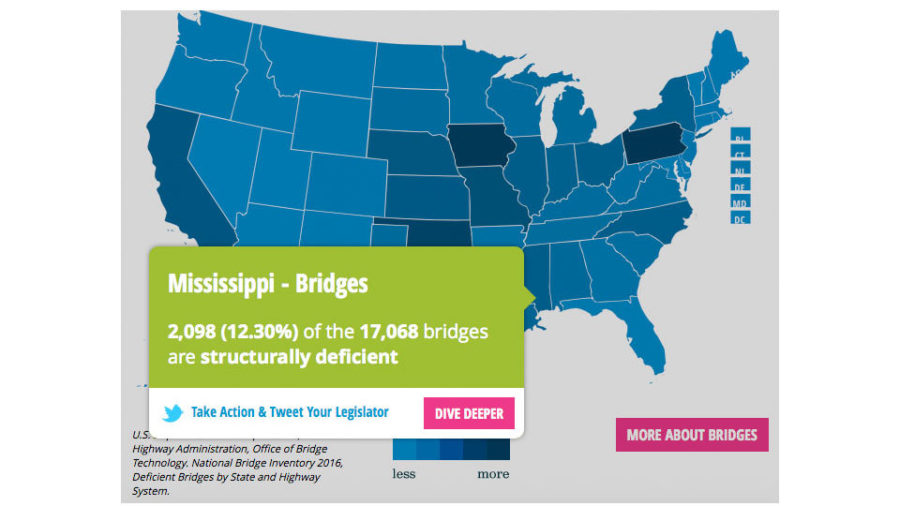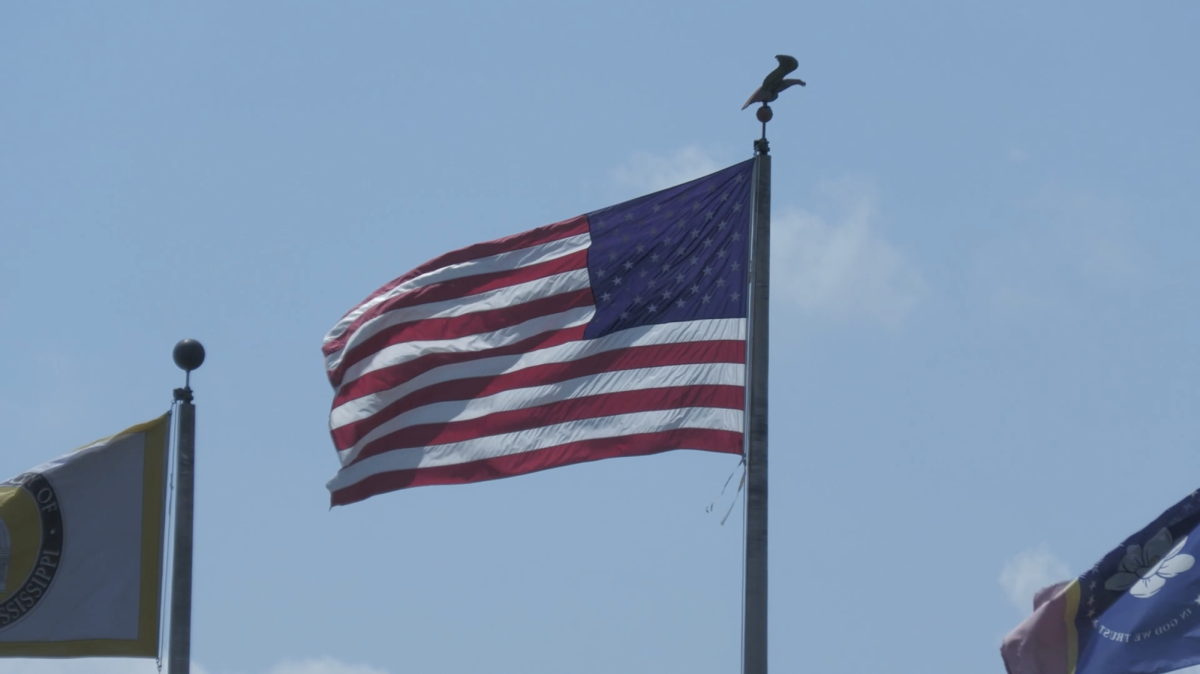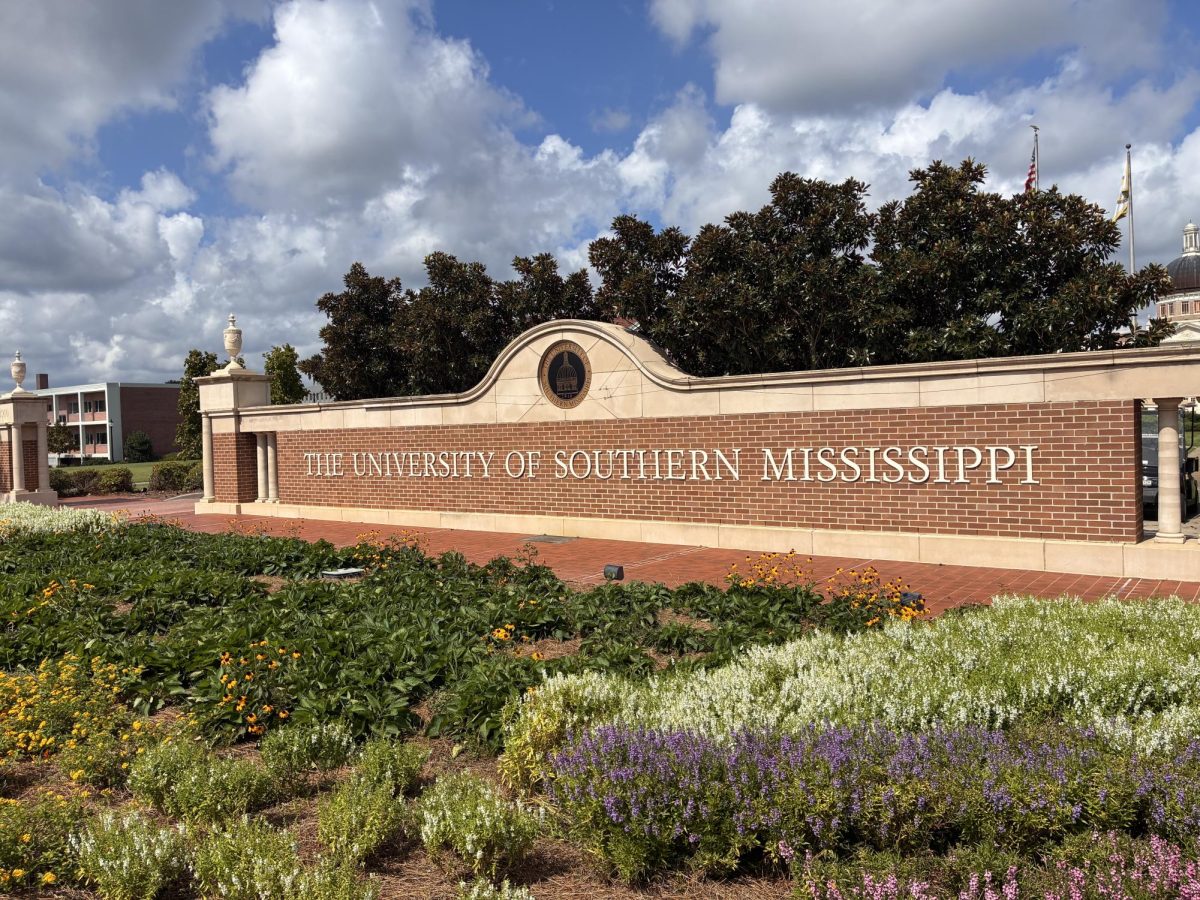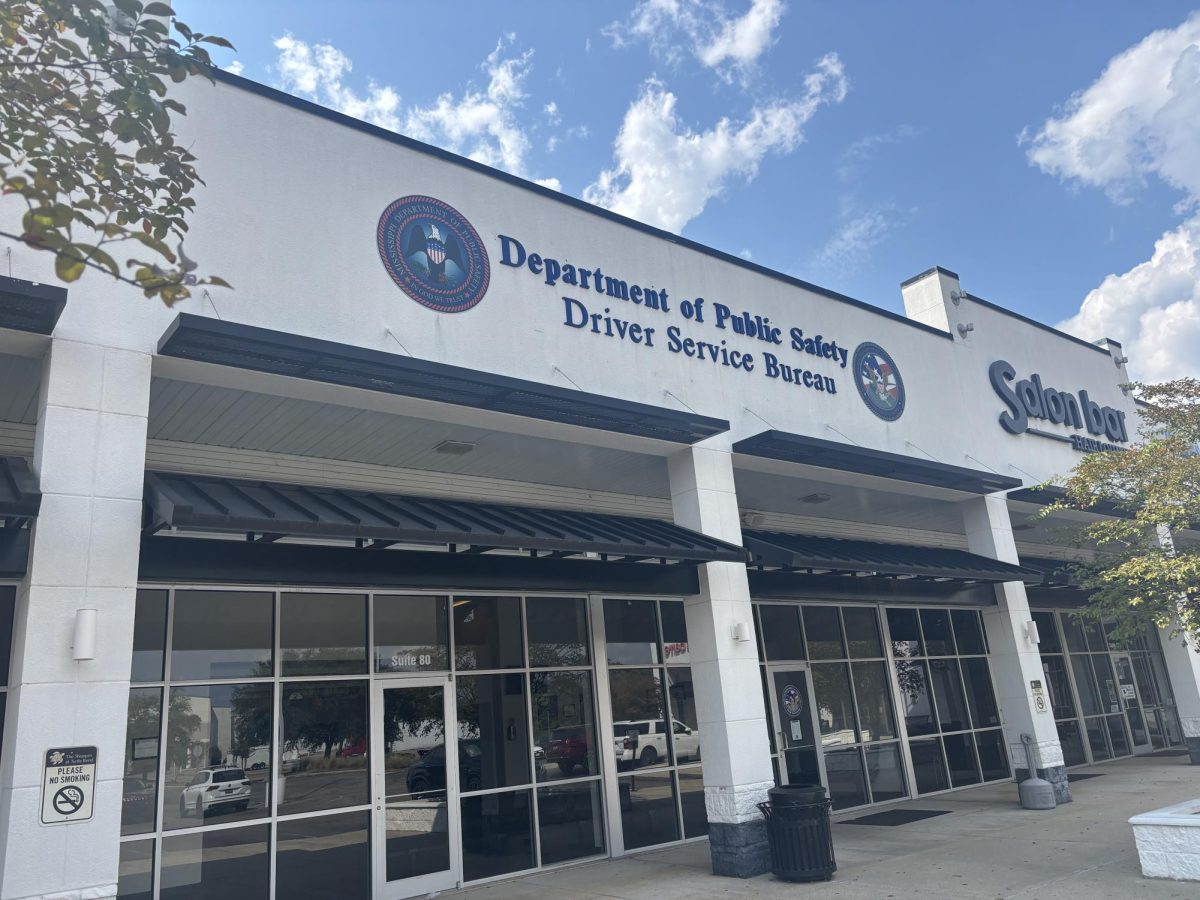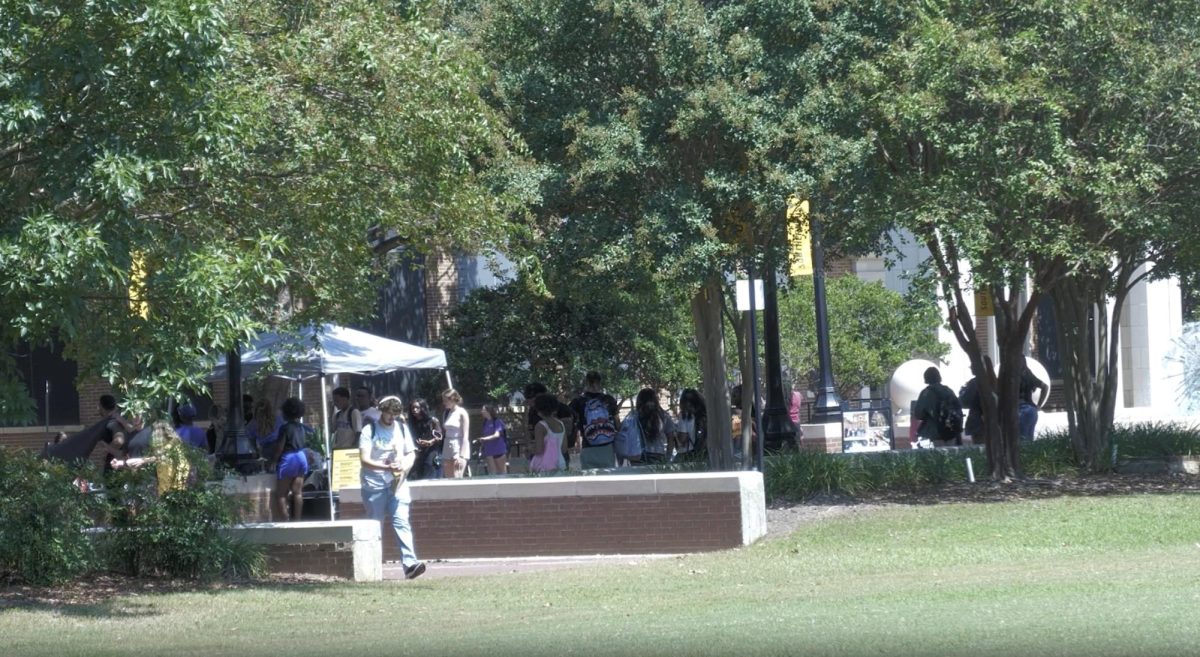On average, Americans spend 43 hours a year stuck in traffic because of roads and highways in poor condition
That’s the equivalent of a full workweek according to Greg DiLoreto, former president of the American Society of Civil Engineers (ASCE).
Roads, bridges, airports, water and transit systems are deteriorating across the United States due to federal and state governments underinvestment in America’s infrastructure. The 2017 report card from the American Society of Civil Engineers gives the U.S. infrastructure reports a near failing grade: D-plus.
Every four years, the ASCE releases its Report Card for America’s Infrastructure, which is formatted like a traditional school report card. The ASCE gives letter grades based on the physical condition, performance level and investments needed for infrastructure improvement.
As Trump’s Administration debates investment repairs for America’s crumbling foundation, the ASCE suggests it would cost $4.59 trillion to rebuild the nation’s infrastructure by 2020.
The 2013 Report Card reveals that America’s infrastructure has not improved this year, as the U.S. received the same cumulative grade in 2013. Then, the estimated investment was $3.6 trillion. That’s nearly a $1 trillion increase in just four years.
“In 2015, the House and Senate sent President Obama the largest transportation package in more than a decade, costing $305 billion over five year,” the Atlantic reported.”Even though it is significantly less than the $478 billion he sought in his own plan earlier this year.”
However, Obama’s long-running push for a transportation package falls more than $3 trillion short of the ASCE’s recommended $3.6 trillion investment. To civil engineers, this underinvestment results in virtually no change in America’s cumulative infrastructure grade.
President Trump’s $550 billion budget is $200 billion more than Obama’s transportation package. But, civil engineers’ 2017 proposed price tag is almost double President Trump’s reduced infrastructure budget.
Originally, Trump planned to invest $1 trillion dollars. With the reduced budget, the Mississippi Economic Council still estimates about $375 million annually in the next decade for the necessary repairs in Mississippi.
Moreover, the ASCE advises Congress to, “fix the highway trust fund, which is funded by the gasoline tax.” Since the gasoline tax does not generate enough revenue, the engineers are calling for an increase of $0.25 per gallon, which is more than double the current 18.4 cents per gallon. National Public Radio reported earlier this month that the President and the Republican Congress are unlikely to support such a huge increase in gasoline tax.
In ASCE’s Report Card for America’s Infrastructure, highways receive a “D” because poor road conditions cause traffic congestions and more wear and tear on vehicles.
“More than two out of every five miles of America’s urban interstates are congested, and traffic delays cost this country $160 billion in wasted fuel and time,” the report card said.
Between the 2013 and 2017 Report Card, the ASCE blames poor road conditions and traffic jams for billions of dollars wasted in time and money.
“In 2014, Americans spent 6.9 billion hours in traffic. Traffic delays cost the country $160 billion in wasted time and fuel,” the 2017 Infrastructure Report Card quotes.
As a result, civil engineers reported a 7 percent increase in traffic fatalities from 2014 to 2015, with 35,092 deaths due to poor roads and highways.
Bridges earned a slightly better grade of C-plus. However, 40 percent of highway bridges are more than 50 years old, and 59,000 are structurally deficient nationwide.
Mississippi Faces Infrastructure Challenges
Mississippi struggles with its own foundation issues. An overview of Mississippi’s deteriorating infrastructure reveals, “Driving on roads in need of repair costs each driver $705 per year, and 2,098 (12.30 percent) of the 17,068 bridges are structurally deficient.”
The Infrastructure Super Map notes that of the 76,777 miles of public roads in Mississippi, 28 percent are in poor condition. This equals nearly 21,500 miles of damaged roads. Mississippi has more than 360 cities – that’s about 100 cities worth of deteriorating roads.
At the Mississippi Economic Council’s Capital Day in January, Gov. Phil Bryant said he believes federal infrastructure funding will help improve state’s infrastructure.
“That’s the type of result we get from a President Donald Trump and the possibilities of him working with the governors across the nation so that we will have a plan that is in sync with one another,” Gov. Bryant stated.
Not all state lawmakers agree with Trump’s Infrastructure Plan that relies heavily on tax credits from private- sector companies to finance projects. In doing so, private-sector companies make it easier to generate a positive return on investments as it becomes cheaper for companies to participate, which does not increase government debt levels.
Senate Transportation Committee Chairman Willie Simmons, Democratic Cleveland, told the Jackson Free Press in December, “It’s better [for Mississippi to act first] because if [Trump] does one or brings [a plan] forward, it will address some of the issues for the nation, but it won’t be the savior for Mississippi.”
























